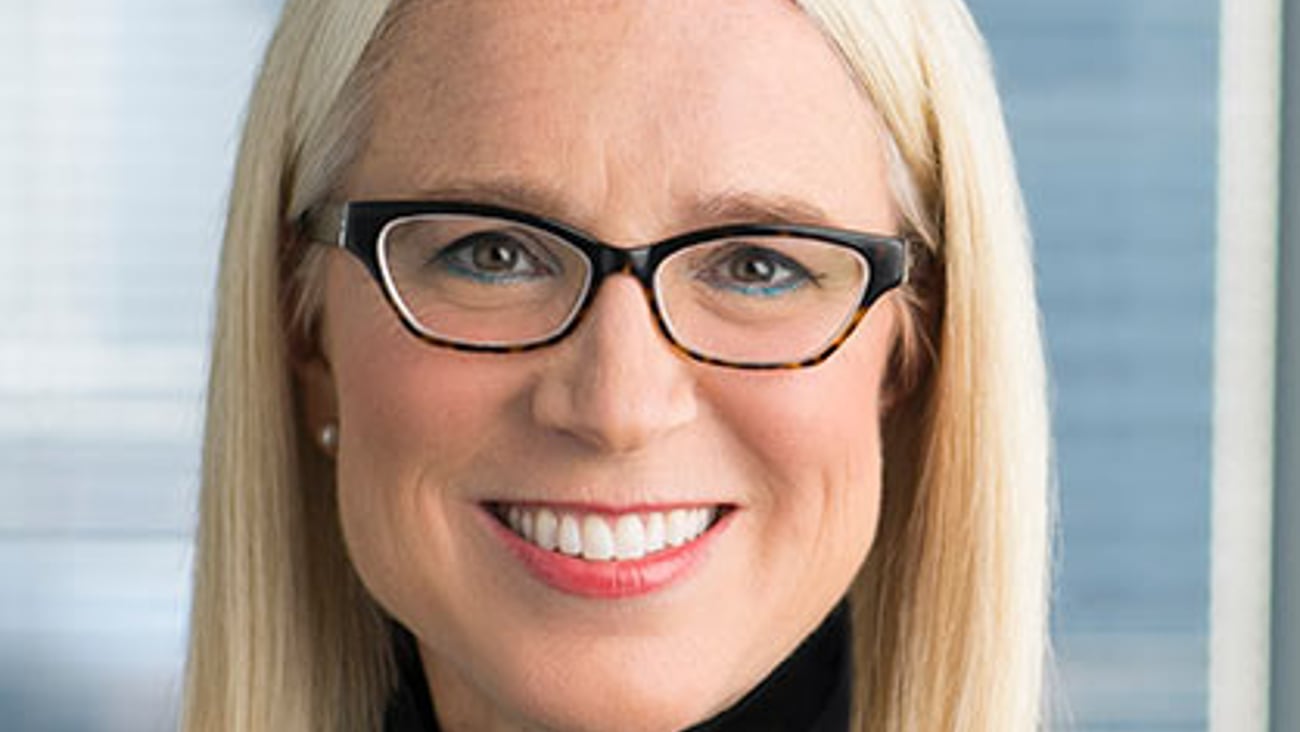Private brands making it difficult for national brands to differentiate
Remember the days when private brands were truly the bottom-shelf option? No? Neither does your average shopper these days.
You don’t need to crouch over just to read the label on store brands anymore. Private brands are found on all shelves, mixed in with their equivalent national brand alternatives from the top shelf down to the floor. The development of private brands by retailers across the country has ushered in a new perception of store brands among shoppers — one that finds many shoppers struggling to even discern which products are store brands and which aren’t.
According to Market Track’s “Q3 2017 Shopper Insight Series” survey, 64 percent of shoppers said they are no more or less likely to buy a product if it is a store brand. Even more surprising is that a greater percentage of shoppers are more likely to buy a product if it is a store brand (21 percent) than less likely (15 percent). Past surveys from Market Track have also shown that concerns about private brand quality and ingredients no longer exist — a majority of shoppers believe the quality is right on par with national brands.
This shift in consumer perception is likely a critical driver behind the surge in private brands seen in the United States over the past 12 to 24 months. German retailer Lidl opened its first stores in the U.S. this year, following its Euro competitor Aldi into a market that is primed for private brands growth.
An assessment of Lidl promotions over its first month in the U.S., conducted by Market Track, revealed that 94 percent of were for private label goods — levels consistent with their inventory which hovers around 90 percent private label. And although it is still the early days for Lidl in the U.S. market, it has already aggressively attacked major consumer packaged good companies, including Pepsico, whose packaging Lidl mimicked on its store brand chips.
Beyond Lidl, private brands are also gaining momentum thanks to a commitment from Amazon to explore and launch new private brand offerings in categories from apparel to CPG. A recent count showed 37 total Amazon private brands available on its site, with 10 more that are trademarked but not yet sold. It is clear that private brands are well within Amazon’s plans for growth in the coming months.
This is the new reality for national brands. They have lost the inherent quality perception advantage they once held over private brands. They are competing against a growing and diversifying set of store brands at their retail accounts. They are witnessing new retailers that sell almost exclusively store brands entering their market. And, to add salt to the wound, it seems part of Amazon’s world takeover includes an aggressive expansion of its own private brands.
Ryne Misso is the director of marketing for Market Track, a global provider of advertising and promotional http://tracking, brand protection and e-commerce pricing solutions. He can be reached at [email protected].




